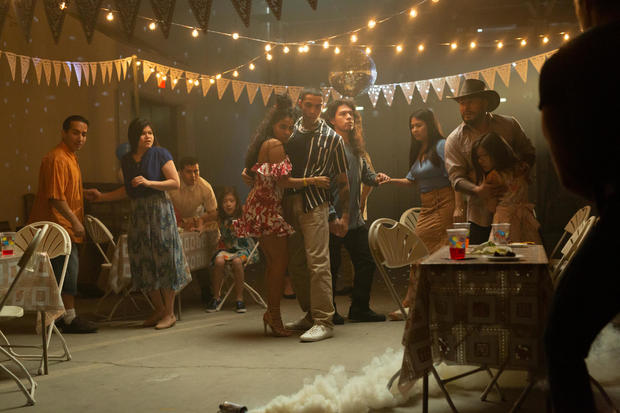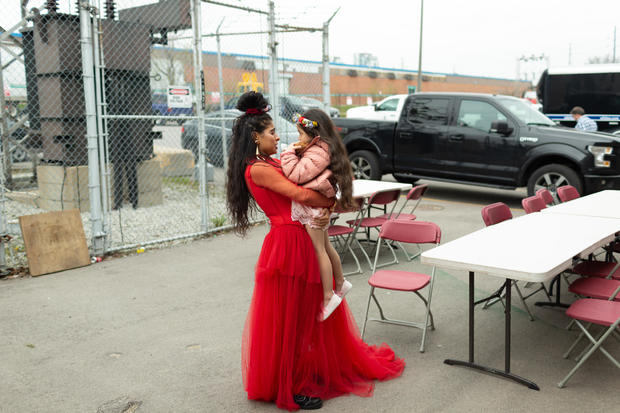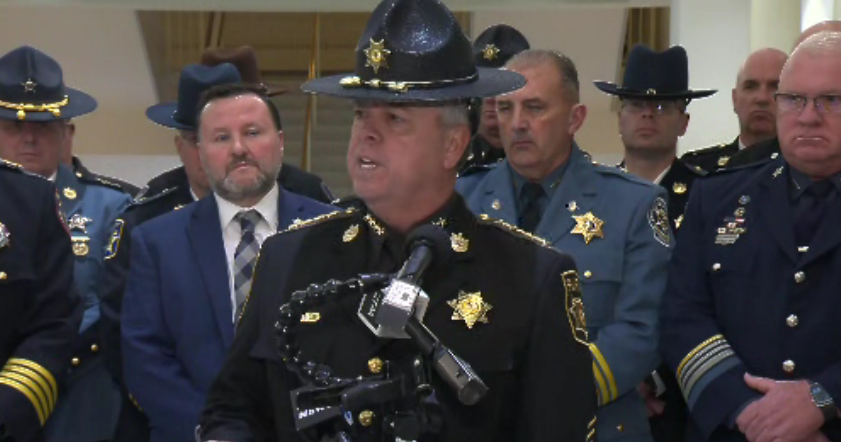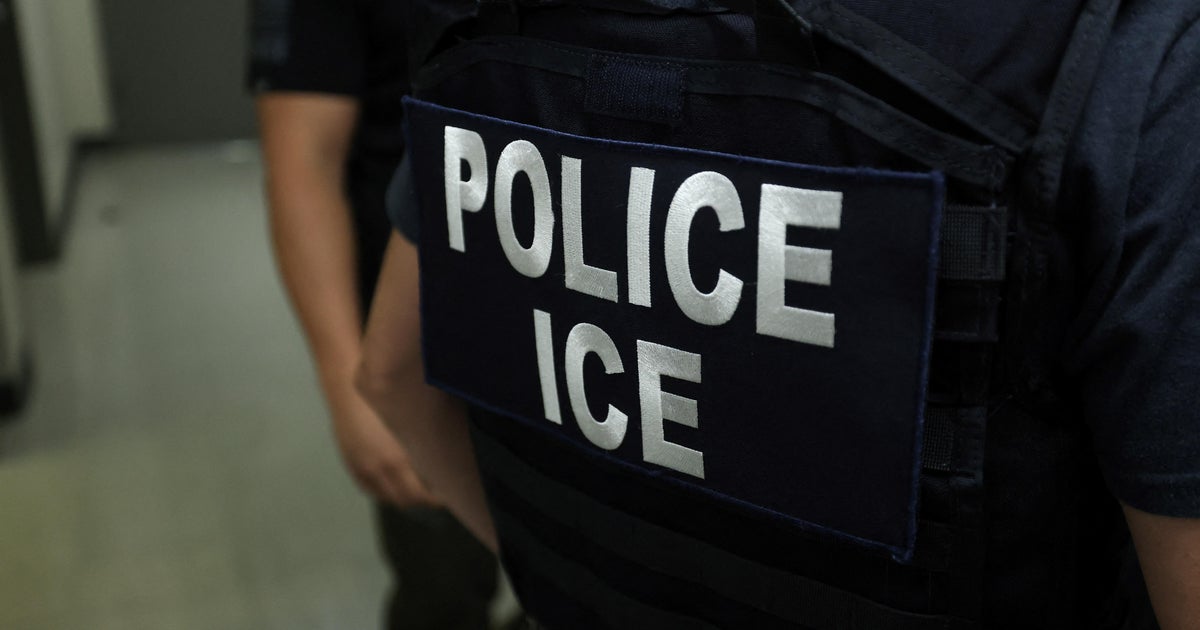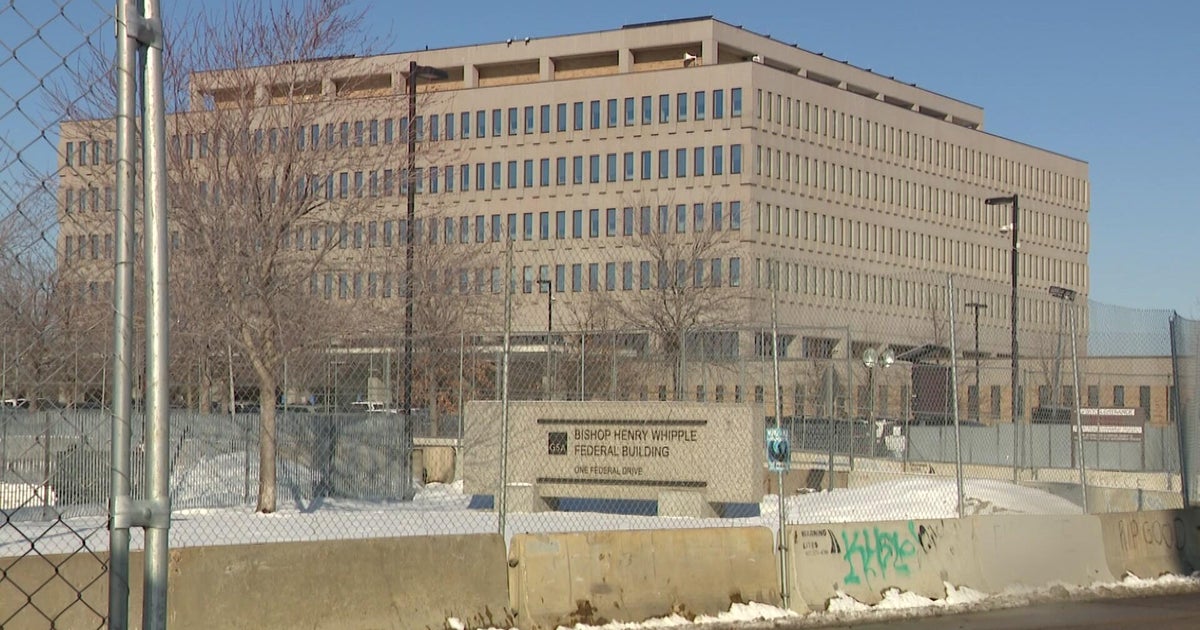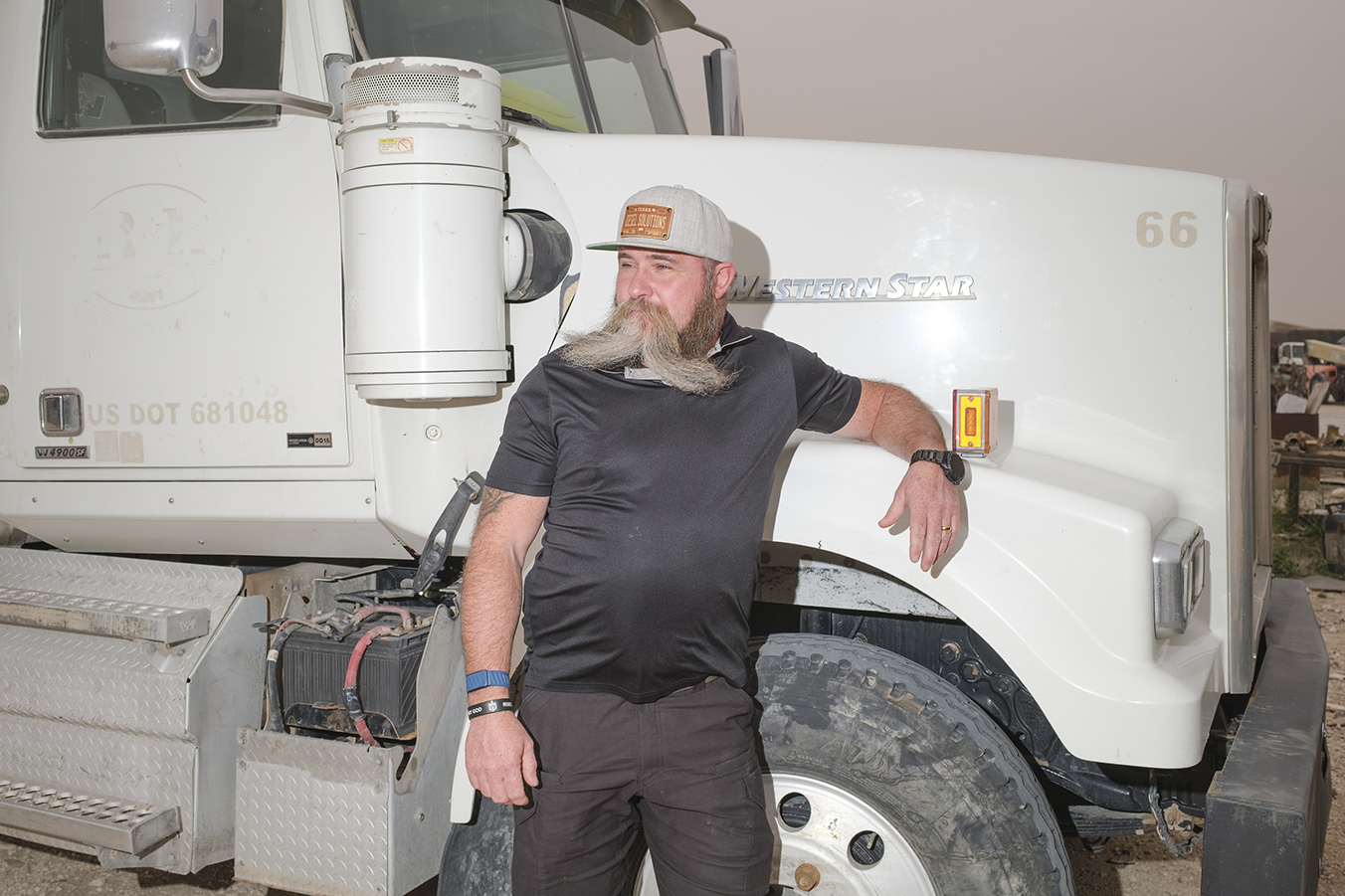Jessie Reyez talks "Far Away," her new single, and the struggles immigrants face
Jessie Reyez's new music video for "Far Away" shines a light on the realities immigrants face at the U.S.-Mexico border. The Colombian singer hopes the video educates her fans on what's happening at the southern border.
The video, directed by Peter Huang, depicts Reyez and others being torn apart from their loved ones. Her love interest in the video is killed by ICE agents, but Reyez told CBS News she's not attacking immigration officers because not everything is black and white.
"I see myself in those that are being wrongfully persecuted. I see my dad anytime I see people disrespecting a Latino because they can't speak English properly. I see those things," she said.
"I wanted to make it as potent as a visual as possible," Reyez said." "So, it can be a catalyst in your brain."
Reyez says "Far Away" will be the first solo song that she's had in a while. Her debut album will be available in early 2020. It will feature messages on separation, life and death.
This interview has been slightly edited for clarity.
CBS News: The visuals for "Far Away" are jarring and methodical. I had to watch it several times just to make sure I didn't miss anything. What inspired the song and visuals?
Reyez: The song was inspired by long-distance love. But with the video, I wanted to make sure that it stood for something. I wanted to make it deeper and bigger, something impactful.
CBS News: You're no stranger to powerful messages. In "Body Count," you burned at the stake during a Salem witch trial. What's your motivation for creating such stand out visuals?
Reyez: I'm really fortunate to work with other creatives that allow me to see these visions through. The way I approach songwriting, I'm only affecting one sense: what you're hearing. But if I can write in a specific cinematic way then I have access to more of your senses.
If my lyrics are specific and detailed, I can force you to see something in your mind while you're listening to the music. With the visuals, it's almost like I want to do that to another level. I now have access to what you're watching, but I want to have access to what you feel in your soul.
CBS News: Why is the message in "Far Away" so important?
Reyez: People say as an artist it's your responsibility to be vocal. I've always said, I feel like if I were to do it from a place that's not genuine then I wouldn't. But for me, it's kind of major because I've been through it to an extent. My family had to wait for papers for sixteen years to be legally approved in the country.
Suppose we were facing persecution, had we waited sixteen years we wouldn't have been able to move. I'm fortunate, but there are families being persecuted. There are families facing violence. There are families running and searching for a better opportunity.
CBS News: There's so much symbolism in "Far Away." There's a scene with a little boy sitting in front of the TV, with his parents watching President Trump speak. Then you with fire in your eyes looking at the southern border. What were you trying to get across with the imagery?
Reyez: Ultimately, all of it comes down to the way future generations are raised. If you're raised around racism or prejudice, it's going to become a norm for your kids. Kids are a blank slate, they're so impressionable that if you actually bring in equality, love and empathy from a young age it becomes innate in the child.
When I was being carried by the ICE officer it was like, if only the oppressed are the ones asking for change nothing's going to change. I know there are officers that must feel something when they see a child crying. I know there are Latino, black or minority officers that must feel conflicted doing things under this regime that sort of forces you to cut off any form of empathy or understanding that you might have for whatever that immigrants backstory is. I know that because it's human nature.
